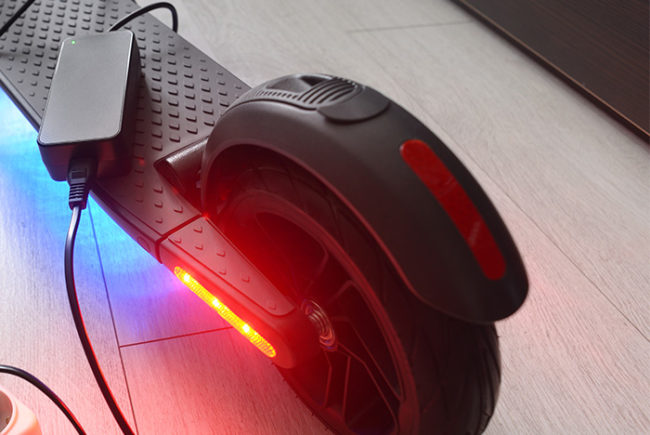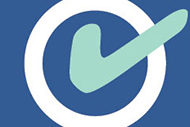 The diversity of electronic devices used in health care facilities will continue to increase, making internal communication more complicated while the trend in sending critical messages by text and email puts private health information at risk.
The diversity of electronic devices used in health care facilities will continue to increase, making internal communication more complicated while the trend in sending critical messages by text and email puts private health information at risk.
Those are among the key findings by Amcom Software, Eden Prairie, Minn., which recently surveyed more than 600 health care organizations about electronic device use. Participants included C-suite managers, clinicians and department managers.
Nearly 90 percent of responding hospitals said that in their organizations smart phones are being used by an undetermined number of physicians, IT staff, administrators and clinical managers for work-related communications. Nearly 50 percent said they have physicians and other staff who use tablets for work-related communications.
"It used to be that pagers were the only thing used for communication. Now you have pagers, smart phones, wireless devices, emails on computers, desk phones, Vocera badges," says Chris Heim, president, Amcom.
In addition, 77 percent of the respondents said critical job-related messages they get via smart phones are text messages and 69 percent are emails. Those using tablets receive 51 percent of their job-critical messages via text messages and 73 percent via emails.
Joint Commission states that messages with personal patient information be encrypted, says Heim. Text messages sent by pagers, smart phones and tablets are not encrypted or traceable, he explains.





